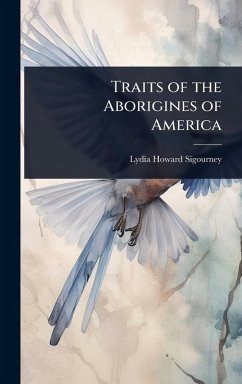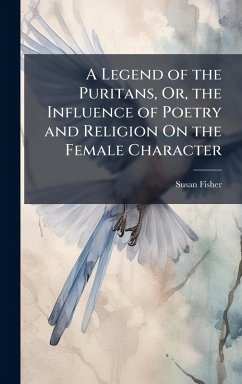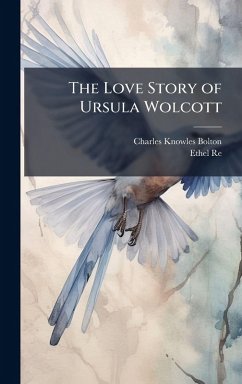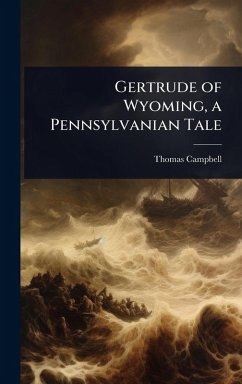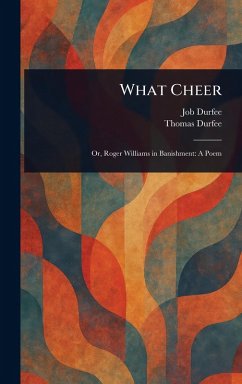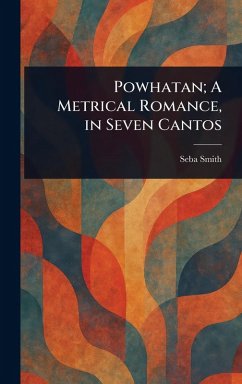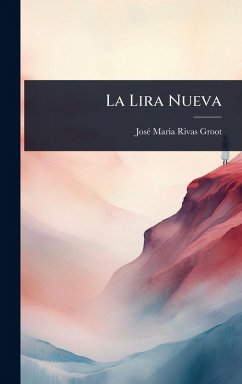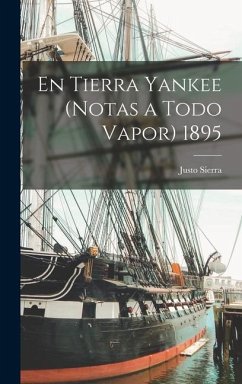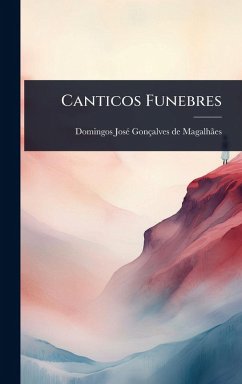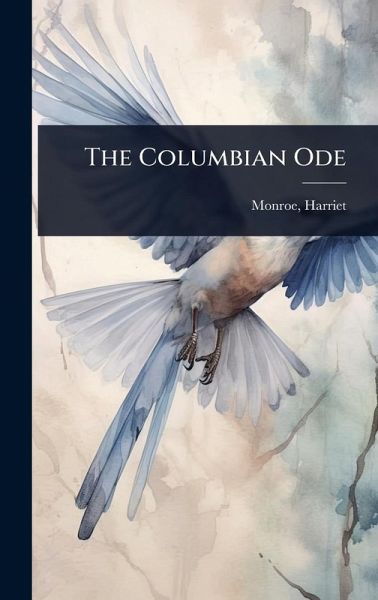
The Columbian Ode
Versandkostenfrei!
Versandfertig in über 4 Wochen
25,99 €
inkl. MwSt.
Weitere Ausgaben:

PAYBACK Punkte
13 °P sammeln!
"The Columbian Ode", written by Harriet Monroe, commemorates the 400th anniversary of Columbus's arrival in America and was specially commissioned for the opening ceremonies of the World's Columbian Exposition in Chicago in 1893. This ode blends historical reflection with patriotic fervor, celebrating the progress and promise of the United States while acknowledging its complex colonial past. Monroe's work captures the spirit of the Gilded Age, a time of rapid industrial growth and burgeoning national identity. This poem offers a unique glimpse into the cultural and historical context of the l...
"The Columbian Ode", written by Harriet Monroe, commemorates the 400th anniversary of Columbus's arrival in America and was specially commissioned for the opening ceremonies of the World's Columbian Exposition in Chicago in 1893. This ode blends historical reflection with patriotic fervor, celebrating the progress and promise of the United States while acknowledging its complex colonial past. Monroe's work captures the spirit of the Gilded Age, a time of rapid industrial growth and burgeoning national identity. This poem offers a unique glimpse into the cultural and historical context of the late 19th century and remains a testament to the enduring power of verse to mark significant historical moments. This work has been selected by scholars as being culturally important, and is part of the knowledge base of civilization as we know it. This work was reproduced from the original artifact, and remains as true to the original work as possible. Therefore, you will see the original copyright references, library stamps (as most of these works have been housed in our most important libraries around the world), and other notations in the work. This work is in the public domain in the United States of America, and possibly other nations. Within the United States, you may freely copy and distribute this work, as no entity (individual or corporate) has a copyright on the body of the work. As a reproduction of a historical artifact, this work may contain missing or blurred pages, poor pictures, errant marks, etc. Scholars believe, and we concur, that this work is important enough to be preserved, reproduced, and made generally available to the public. We appreciate your support of the preservation process, and thank you for being an important part of keeping this knowledge alive and relevant.



